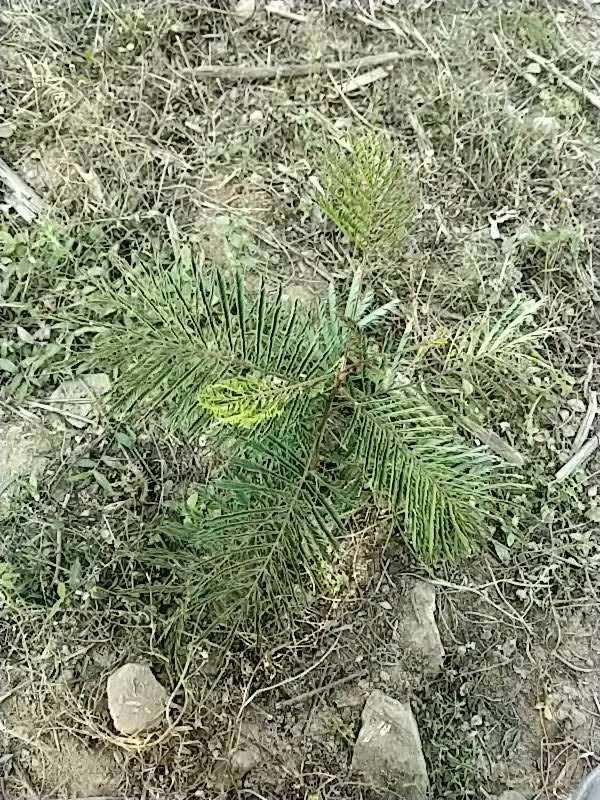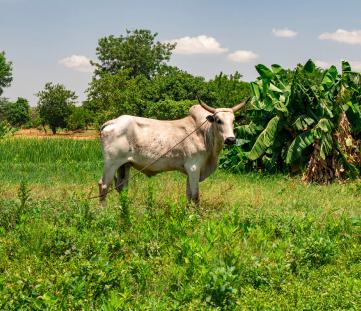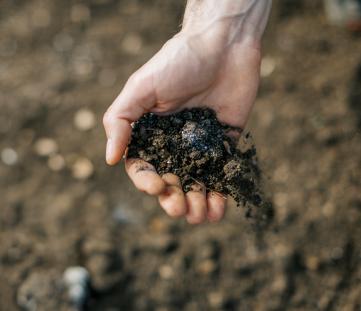ID: KD6-PXG
ID: KD6-PXG
Leucena
Leucaena leucocephala
Photo
Nepal
00:50 - 17°C
My connections
My ID card
Who am I?
Date of birth
04/22/2021
Name
Leucena
Tree
Leucena
Where am I located?
Country
Nepal
Place of birth
Naukunda
Coordinates
27° 58′ 39.97″ N
85° 15′ 6.25″ E
/85.2517355,27.9777693,0/500x333@2x?access_token=pk.eyJ1IjoidG9tbWFzb3NwZXJvbmkiLCJhIjoiY2tnOTE3eW12MDJqazMybXNzOWV1YjloOSJ9.wtGsuDU7XIKjcv2cq8CiXw&logo=false&attribution=false)
My Timeline
The important moments in your tree's life.
Seed
It all starts with a tiny seed, nice and warm in the soil.
Nursery
Your seedling is big enough to be welcomed into one of our nurseries, along with many others.
Planted
We’re here! Your tree has reached its new home: it’s been planted by a smallholder, who’ll take care of it for years to come.
Photo
Strike a pose! Now that it’s big enough, here’s a photo of your tree!
My Gallery
Nursery

Planted
/85.2517355,27.9777693,0/500x333@2x?access_token=pk.eyJ1IjoidG9tbWFzb3NwZXJvbmkiLCJhIjoiY2tnOTE3eW12MDJqazMybXNzOWV1YjloOSJ9.wtGsuDU7XIKjcv2cq8CiXw&logo=false&attribution=false)
85° 15′ 6.25″ E
Photo

Curiosity about me
The important moments in your tree's life.
Let's start with introductions
The Leucaena is a tree that grows 3 to 20 meters tall with a trunk that varies between 20 to 50 centimeters in width. It tolerates cold but not icy climates and is often cultivated in deforested zones thanks to its growth capacity. It's also planted to control soil erosion, stabilize nitrogen, fertilize, provide shade, and as a wind blocking barrier for fruit cultivation.
Meaning
Generosity
They say giving brings more joy than receiving. The Leucaena puts this into practice by giving nutrients to the soil

How much CO2 I’ll absorb
My estimated CO2 absorption capacity is based on the first 10 years of my life*
Current absorption
- 90 kg
2021
0 kg
2031
-300 kg
* The tree will continue to absorb CO2 even after the tenth year. Therefore this is a prudent estimate.
How I am useful to local communities

Livestock
Its leaves, either fresh or dried-out, are used as food for livestock.

Soil
It improves the quality of the soil thanks to the nitrogen fixation process or it reduces soil erosion, thanks to its extended root system.
My benefits
20%
Food Security
The trees will bear fruits, some that will be edible immediately and others that can become edible through processing, ensuring food resources over time.
10%
Economic development
The trees' fruits and the products derived from their transformation can be traded in local networks, offering income opportunities.
40%
CO₂ Absorption
During its life cycle, each tree will absorb CO₂. The trees you plant can offset your emissions.
100%
Environmental protection
The trees are planted in agroforestry systems that favor the virtuous interaction between the different species and their positive impact on the environment and on the land.